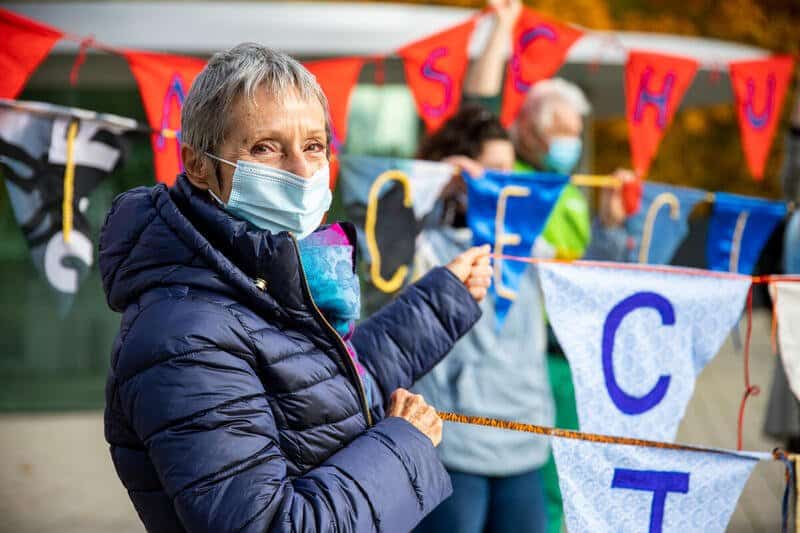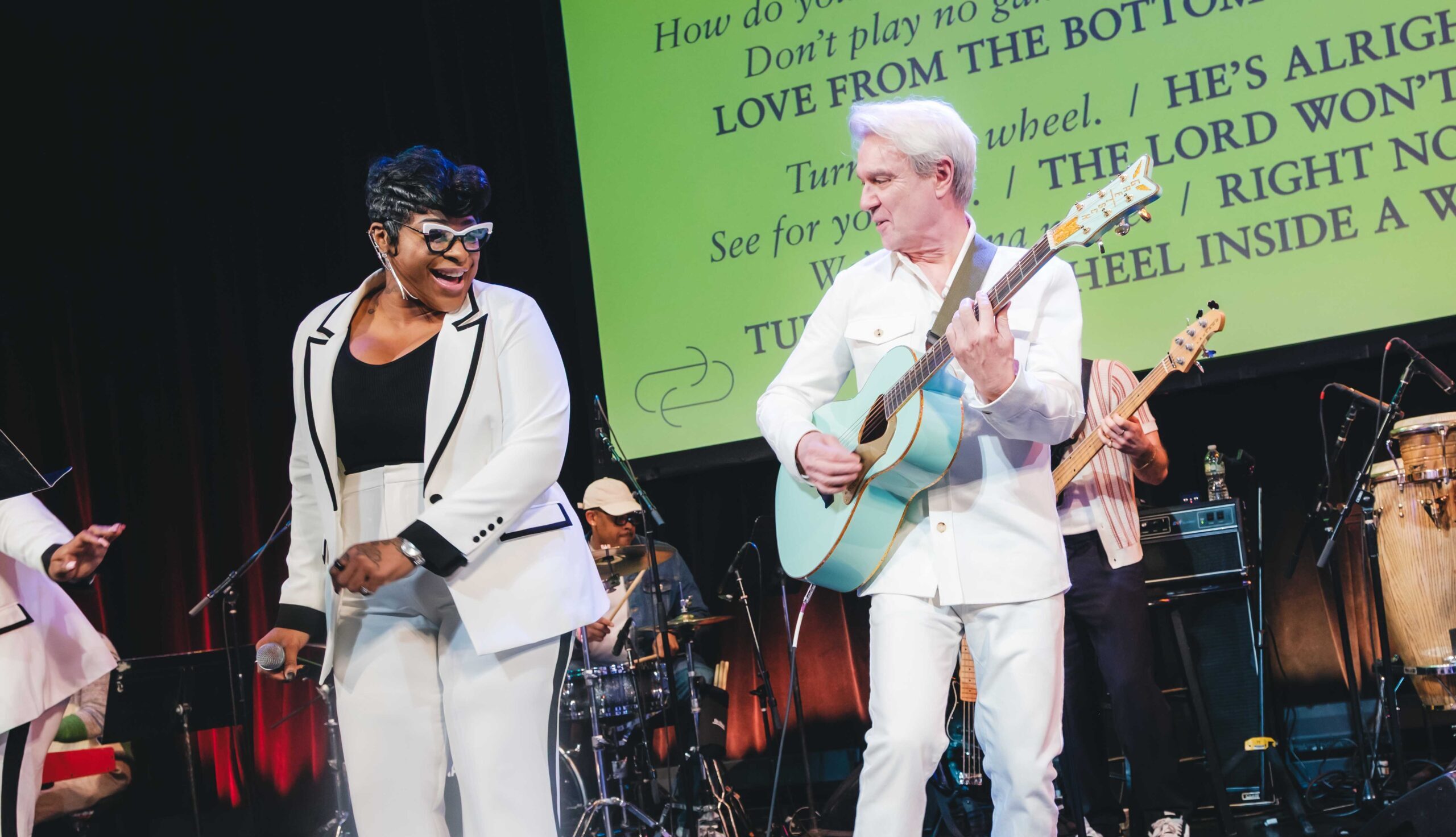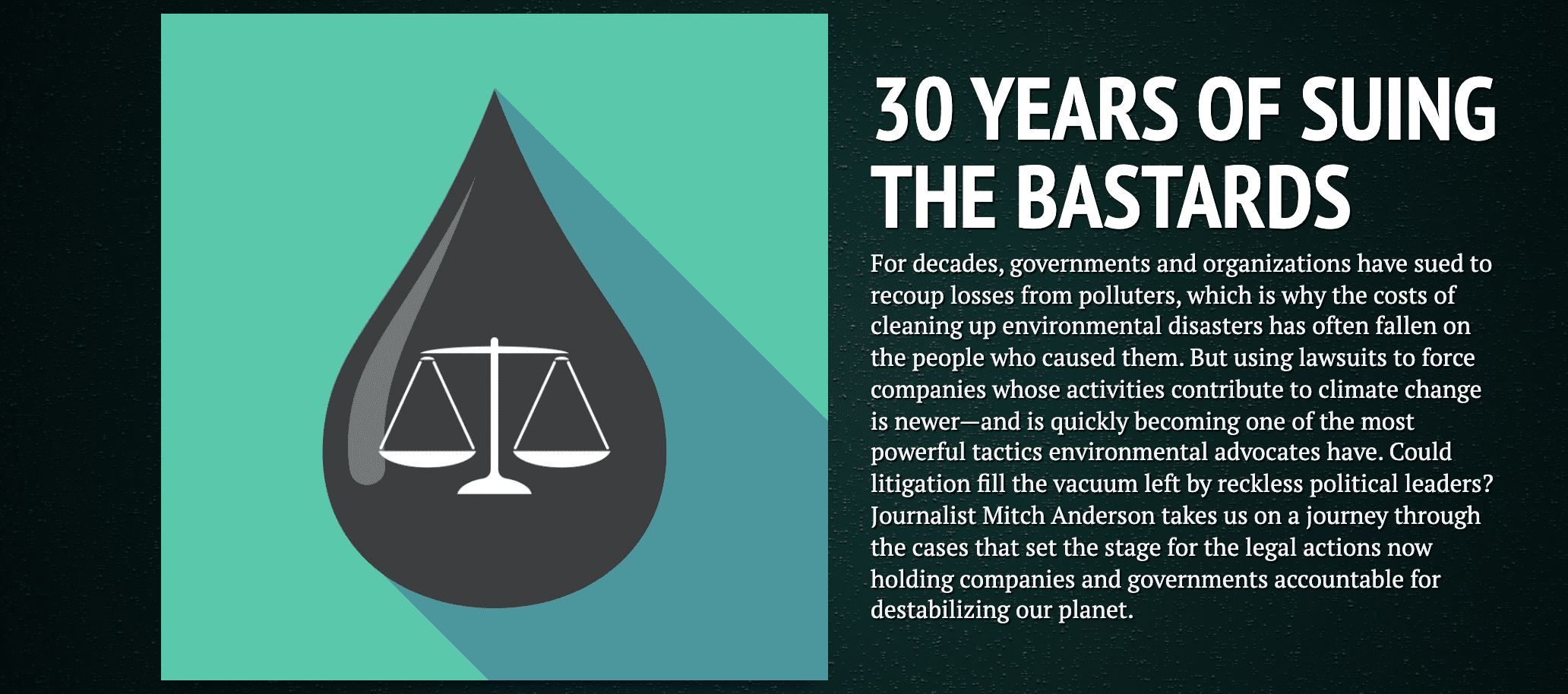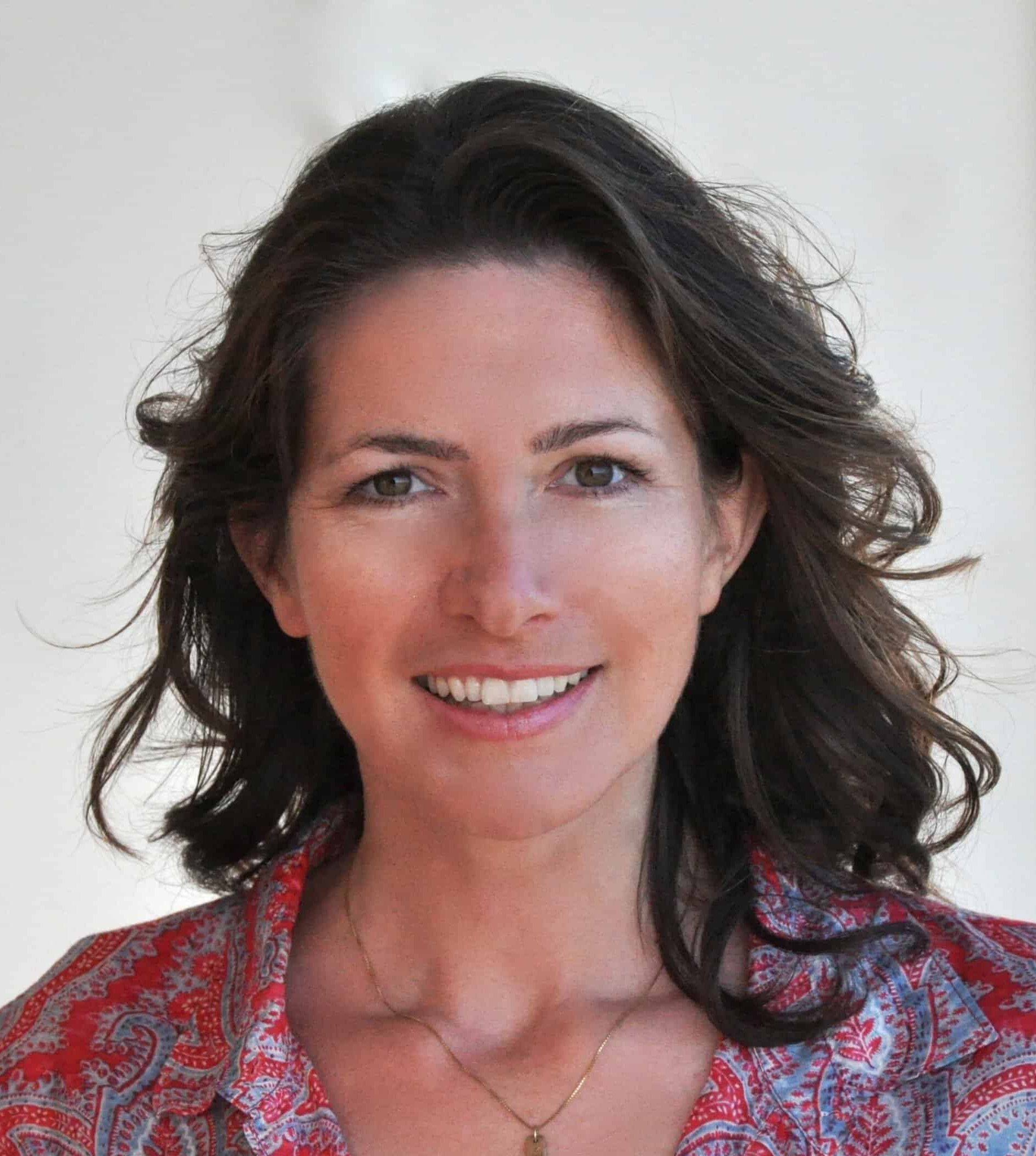In the fall of 2020, Rosmarie Wydler-Wälti boarded a white Greenpeace boat, the Beluga, in Basel, Switzerland, and rode it down the Rhine River to the European Court of Human Rights in Strasbourg, France. The 71-year-old educator is the co-president of a group of nearly 2,000 women who call themselves the Climate Seniors, and in her luggage was the announcement of a 149-page lawsuit that could make history.
With it, the gray-haired grannies (average age: 73) accuse the leaders of their native Switzerland of failing to take adequate measures to stop climate change. According to the lawsuit, this negligence puts seniors like them at heightened risk for heatstroke. “The problem is our government,” Wydler-Wälti says on the phone from her home near Basel. “They are not doing nearly enough and aren’t living up to their responsibility to protect our health, especially elderly women. We are suffering disproportionally.”

The Climate Seniors took their case to Strasbourg after Swiss courts declined to hear it. “They said it is not yet proven that the climate will warm more than 1.5 degrees Celsius, and we’d still have time to sue then,” Wydler-Wälti says. “By the time the planet is too hot, we’ll all be dead or incapacitated. We have to act now.” As if to prove her point, one of the plaintiffs died of a heart attack this summer.
Wydler-Wälti hopes the courts can force governments to treat climate change as the emergency that it is and take steps to stop it immediately. She is not alone: Last year 2020, six young Portuguese activists filed a similarly structured lawsuit at the Strasbourg Court against 33 European states, claiming the climate crisis endangered their future. Both lawsuits want to force politicians to keep climate warming under 1.5 degrees, the goal agreed upon in the Paris Climate Agreement. The lawsuits don’t demand specific measures, just that the governments take sufficient action to reach that goal.
Weighed down by negative news?
Our smart, bright, weekly newsletter is the uplift you’ve been looking for.They raise a crucial question: Do citizens have a legal right to a stable climate? Increasingly, high-ranking officials are suggesting they do. Michelle Bachelet, the UN Human Rights Commissioner and former president of Chile, spoke out in favor of the two lawsuits, saying “the drastic consequences of climate change need to be litigable.” And this September, the UN Human Rights Commission passed a resolution that declared “a clean, healthy, sustainable environment a human right.”
The number of such cases is skyrocketing. The Global Climate Litigation Report, published by the Sabin Center for Climate Change Law at New York’s Columbia Law School, references more than 1,550 climate lawsuits in 38 countries. Cases have nearly doubled since 2017, brought by plaintiffs who are emboldened by the recent success of several climate lawsuits.
In the first case in the world that established a government’s legal duty to prevent climate change, in 2019 the Dutch Supreme Court ruled that the government must take immediate action to cut its greenhouse gas emissions by at least 25 percent. (The government eventually complied.) And in April 2021, the German government overhauled its climate plans after its highest court ruled that its existing climate policies violated citizens’ constitutional rights because they were insufficient to protect the future freedom of the younger generation.
Until recently, most environmental lawsuits targeted companies, and even successful ones often resulted in a mere slap on the wrist — fines that fossil fuel giants could easily pay. What’s different about the current wave of climate lawsuits is the scope of the charges and who they’re leveled at: government regulators, public sector agencies and individual politicians.

“The courts will have to justify how they legally assess intentional environmental destruction,” says Johannes Wesemann, an Austrian businessman who left Uber to found the NGO AllRise. He recently filed a criminal complaint with the International Court of Justice in the Hague against Brazilian President Jair Bolsonaro and several of his cabinet members, accusing them of “destroying entire regions” and committing “crimes against humanity.”
Wesemann believes world leaders should be sued for crimes against the climate just as the World Court holds them responsible for human rights abuses. “Under Bolsonaro’s leadership,” he says, “the logging of the Brazilian rainforests quickened, and therefore he accelerated a process that leads to the willful and uncontrolled total destruction of the rainforest with catastrophic consequences for the citizens and the world climate.”
With a team of lawyers, Wesemann did the math: AllRise is holding Bolsonaro responsible for 1.7 billion additional tons of CO2 emissions, which would lead to 180,000 additional heat deaths. The well-documented and cleverly worded 300-page complaint has a good chance of being heard in court. “The topic is hot, and it has arrived in the midst of society,” Wesemann says. “The new chief prosecutor in the Hague, Karim Khan, is inheriting a court that is underfinanced, understaffed and not up to date regarding climate change. We assume that he will take the topic of environmental protection to recalibrate the court.” To add public pressure, the criminal complaint was accompanied by a public awareness campaign with a petition that quickly gathered more than 50,000 signatures.
As Wesemann argues, what one politician does in Brazil can cause heat strokes on the other side of the planet. But for the lawsuit, AllRise needed to accuse Bolsonaro of something measurable. “Think of Al Capone, the gangster boss. They finally got him on tax evasion. Tax evasion!” Wesemann exclaims. “How uncool is that?” Similarly, he reasons, “We have found something that we can prove beyond doubt” — namely, the amount of CO2 that has been released because of Bolsonaro’s leadership decisions. “We are running out of time, and the only instrument that leads to non-negotiable results is the court ruling,” Wesemann says.
He further points out that some laws were written decades ago and have not been updated to address the climate crisis. “We as a society have to test the courts: Are the statutes of the International Court sufficient, though they don’t yet recognize environmental crimes? The answer will change the court system.”
Wesemann’s idol is the British human rights lawyer Philippe Sands. Sands and his Senegalese colleague Dior Fall Sow co-chair a team of international lawyers who drew up a clear definition of ecocide and are fighting to make it “an arrestable offense.” Sands has taken on the lawsuit by the British NGO Stop Ecocide to establish “the mass damage and destruction of the natural living world” as a new crime at the World Court. Right now, the Rome Statute of the International Criminal Court (ICC) lists four crimes: genocide, crimes against humanity, war crimes and crimes of aggression. Even the General Secretary of the UN has voiced his support for adding ecocide to this list, as have many other politicians and even business leaders. Belgium’s lawmakers passed a resolution supporting both domestic and international ecocide legislation.
“What we are saying is that the protection of the environment is something that we take so seriously that we are now going to harness the power of the criminal law to achieve its greater protection and wellbeing,” Sands said in a recent interview with AlJazeera. An internationally renowned litigator who has argued dozens of human rights cases in front of the Hague, Sands’ ecological consciousness was “awakened by Chernobyl” in 1986, and he negotiated the UN Framework Convention on Climate Change for the vulnerable Alliance of Small Island States (AOSIS).
Now, Sands believes, the time has come to be bold. The World Court only holds individuals responsible, not corporations or countries. “You can’t put a corporation in prison,” Sands said at the recent European Trade Union Confederation in Brussels, jabbing his left index finger in the air to emphasize each word. “And what concentrates the mind of the chief executive is that she or he will personally be subject to criminal responsibility.”










